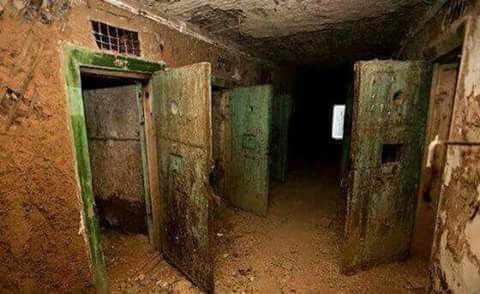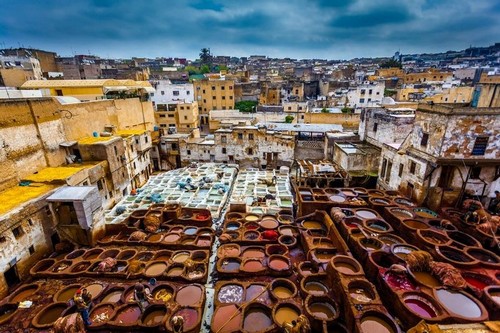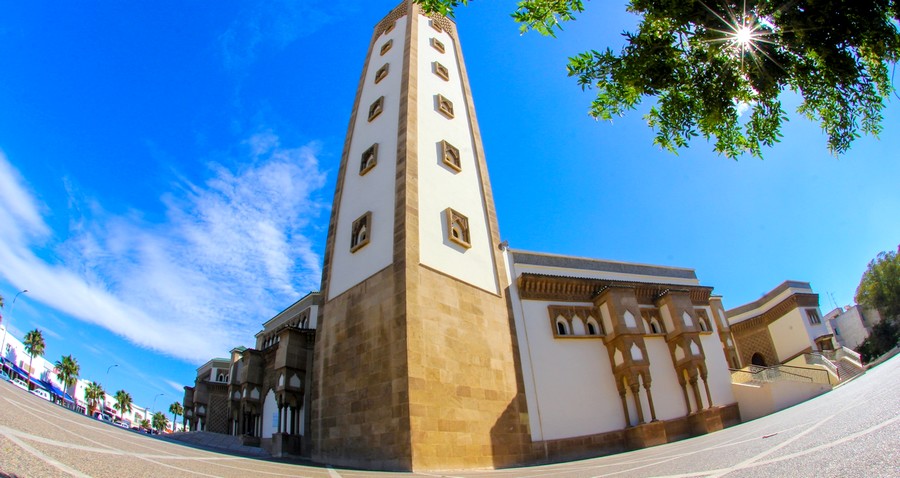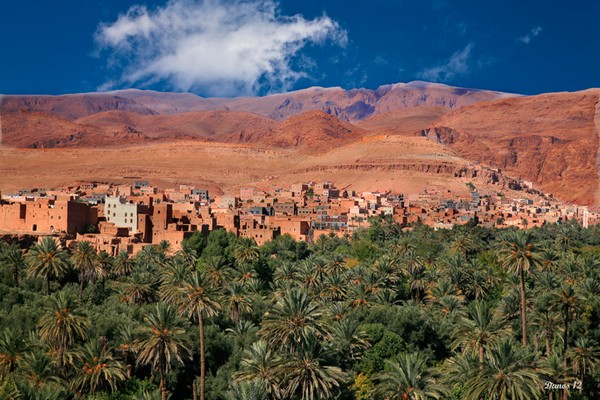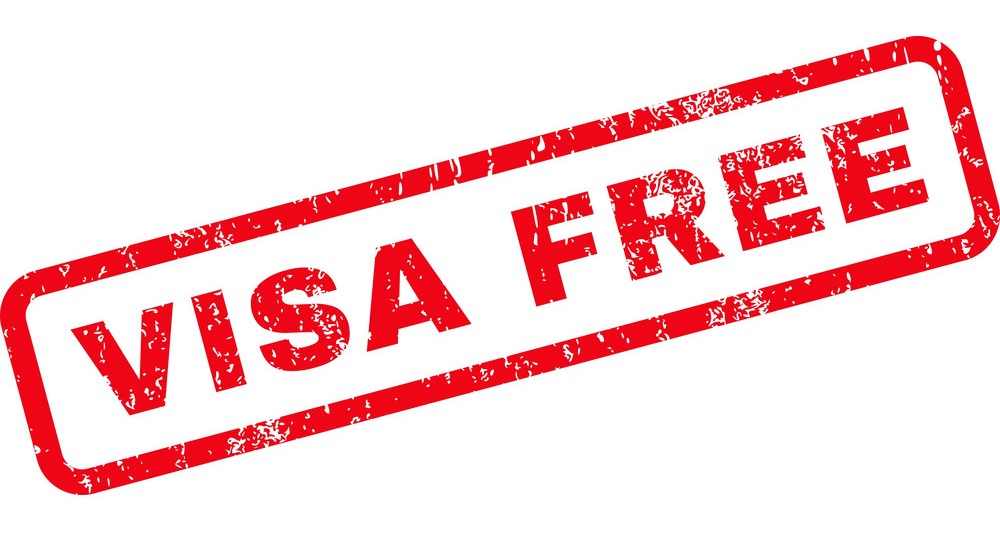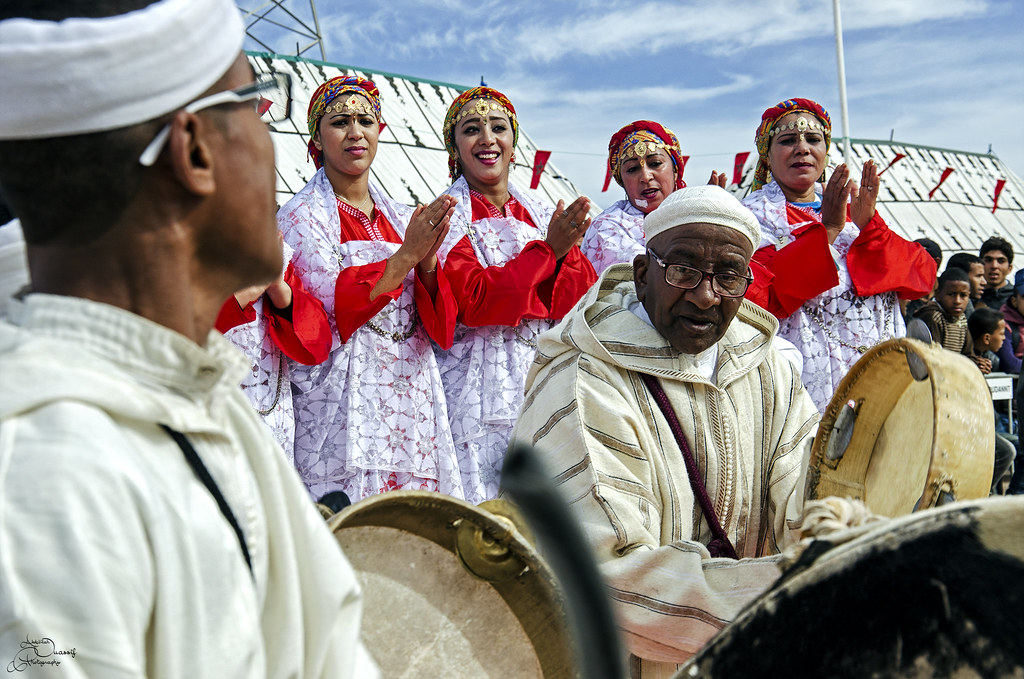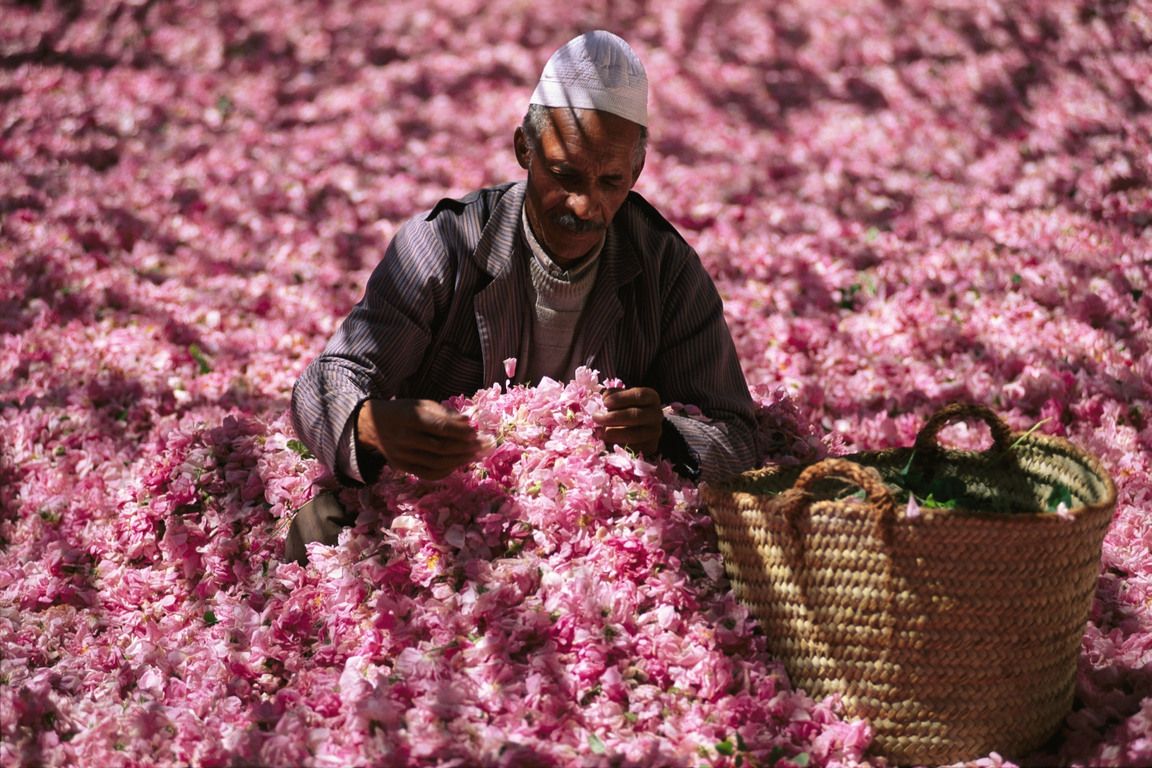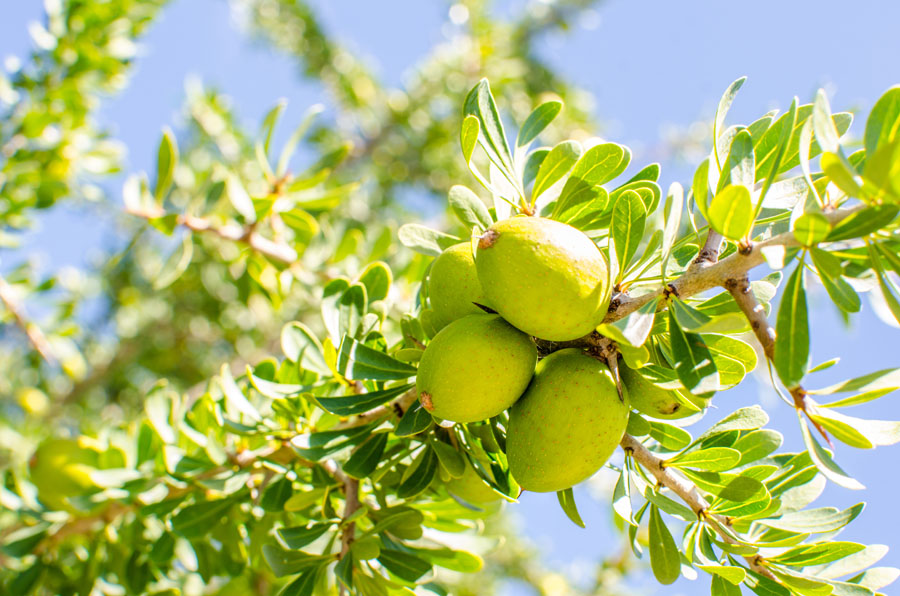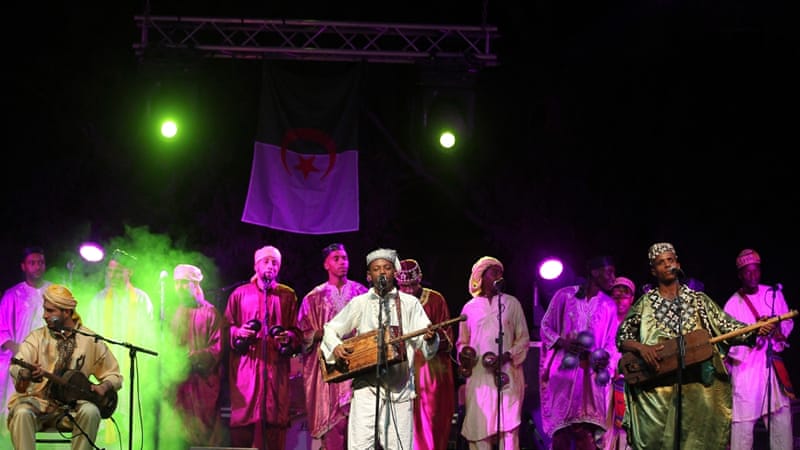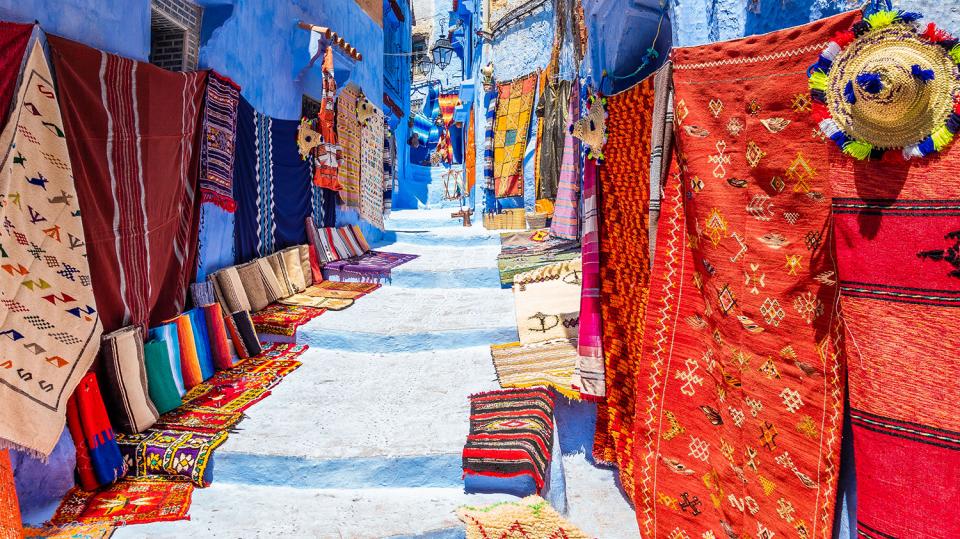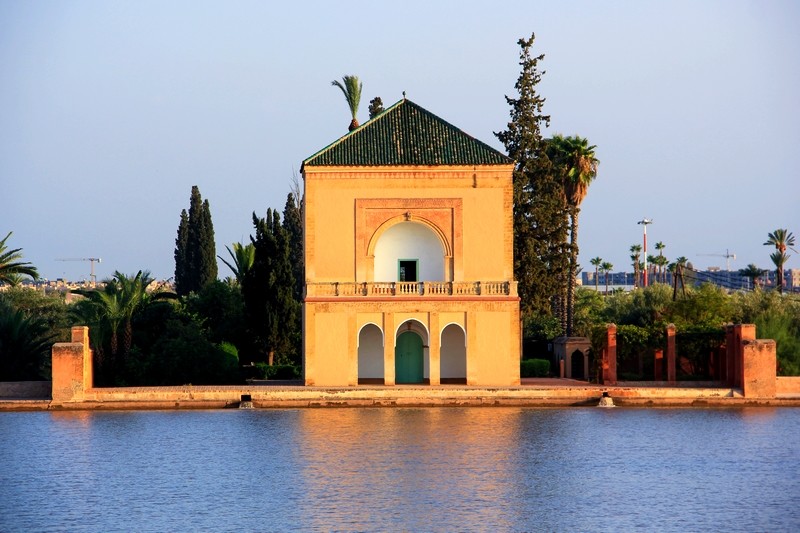The cities of Morocco are distinguished by their beauty and ancient history, and the imprint of each one separately, and because behind each Moroccan city is a story of steadfastness, civilization and art. Each Moroccan city has a name that has meanings and connotations that may be hidden from many Moroccans. Moroccan
Rabat
The history of the city of Rabat dates back to various historical periods, except that the initial establishment of the city dates back to the era of the Almoravids who established a fortified ligament, so it was called Rabat
Fez
When Mawla Idris 1st entered Morocco to flee the Abbasid persecution, al-Qadr wanted to settle and his army in a region and struck the ax in it to start construction, and therefore it was called the city of Fez because of the blow of the ax.
Meknes
The name Meknes dates back to an Berber tribe that called itself Meknesa, which occupied the eastern Maghreb at the time until Tafilalet, which received Moula Idris I, founder of the Kingdom of Morocco and the Idrisid kingdom in particular in the thirteenth century AD.
Casablanca
In the ancient was called Anfa, then the Portuguese came and called it Casa Branca, meaning Casablanca in Portuguese, after one of the white houses that overlooked the Atlantic façade. When the Spanish arrived, they converted the name to Spanish, where Casa means a house or house, and blanca means white. The French maintained this designation because it was common at the time
Tangier
Oral legend circulating among the people of the city of Tangier says that after the flood, Noah's ship lost the way while searching for land, and one day a dove landed on top of the ship and a bit of mud in its legs, so the passengers of the ship shouted: the clay is ja .. the clay is ja. Then the area was called Tangier and it is rumored that Tangier is the name of a queen who ruled Morocco in the past
Tetouan
People disagreed about the name of the city of Tetouan, as it reached seven pictures in the official books and documents: Tetouan, Tataouan, Tataouine, Tataouine, Tataouan, Tataouan, Titawan, and these seven versions are all pure Berber and have no meaning in the Arabic language; As for the Amazigh language, it means an eye or eyes, and perhaps its oldest inhabitants of the Amazighs called it so many eyes.
Marrakech
The name Marrakesh is due to the word Amor n yakush; That is, the country of God, where the Berbers use the word tamuret or things that mean the country. Many Arabs are still called Morocco as a whole
Nador
It is due to the name of the Ait Nador Berber tribe that inhabited the region centuries ago, and it is believed that the use of the region during the Rif war as an advanced base to monitor the Spanish occupier was behind the name as well, while Mohammed V called it the first king of Morocco after independence, the city of El Nour.
Chefchaouen
The stories differ and are numerous in connection with the designation of Chefchaouen, one of which says that its Amazigh meaning is “the horns of the mountain”, and that the name was given to the city, in relation to the peaks of the Rif mountain range overlooking it. Another narration goes on to say that the name came from “Chouf Chaouen” in the Moroccan dialect, meaning in Classical Arabic, “Look Shawn,” where the current term is misrepresented to end with the name of the city: i.e. Chefchaouen.
Ouazzane
Through studies on the history of the city, there are three conflicting narratives regarding the origin of the name of the city of Wazzan, which is difficult to weight and supports one of them. There is 3 narrations that explains the name of this city :
The first narration: It says that the origin of the word is Latin, and this name was pronounced on the city by one of the Roman emperors whose crown prince was carrying Ezinus, and from it came the word Wazzan
The second narration: This name is derived from the Arabic word that was given to one of the people named Abd al-Salam, who was putting his scales at the entrance to the city in the place now known as sand, and where the merchants were obliged to resort to it to weigh their goods and goods, so they called it Al-Wazzan, which the city later carried, Due to the large number of circulation.
The third narration: This narration says that the origin of the word; Abbreviated from the word:; Wad Al-Zain; Wad Zaz; The so-called small river is located in the northern highlands known for the magical beauty of the landscape that characterizes the city
Taza
The researchers differed on the origin of the name Taza, but returning the name to the barbarian word Tisa, which means strait, is the closest thing to right.
Taroudant
Opinions differed on the origin of the name, as its origin in the Amazigh language means a low heaven, perhaps because of its proximity to the hill of Sidi Borgah, 4 kilometers from the city, and it was said that the word is derived from the word Adraren combined Adrar in the sense of the High Atlas, except that some popular accounts assume that The name comes from the word Taro Dante; In Tamazight, “The Boys Are Going”
Ouarzazate
A two-word compound Amazigh; It means without Zazat; And the noise means, this is how the people of the region chose to give this name, which means without noise to this city, which was built from the 1920s around a military barracks erected by the French protection authorities, and Ouarzazate is the cinema capital.
Oujda
There is a difference about the origin of its name, as a team of researchers holds that its name is derived from the word grandmothers; That is, the ambushes carried out by insurgents, bandits, and bandits for caravan traders. However, it is likely that her name was associated with a historical event represented in the pursuit of Suleiman Shammakh who assassinated King Idris I by order of the Abbasids who sent him on a special mission to liquidate Mawla Idris I who established an emirate independent of the Abbasid rule in Morocco. The poison was destroyed by Maoula Idriss and he fled back towards the east, but the Moroccans tracked him and found him not far from the current Oujda and killed him, so it was called Oujda, and later it was named the capital of the eastern Maghreb.
Larache
It was likely that the tribes of Bani Arous first called it Larache. Because the area was a vineyard. Dr. mentioned. Mohamed Al Maghraoui Article writer Larache In (the teacher of Morocco); Larache residents adopt the idea.
